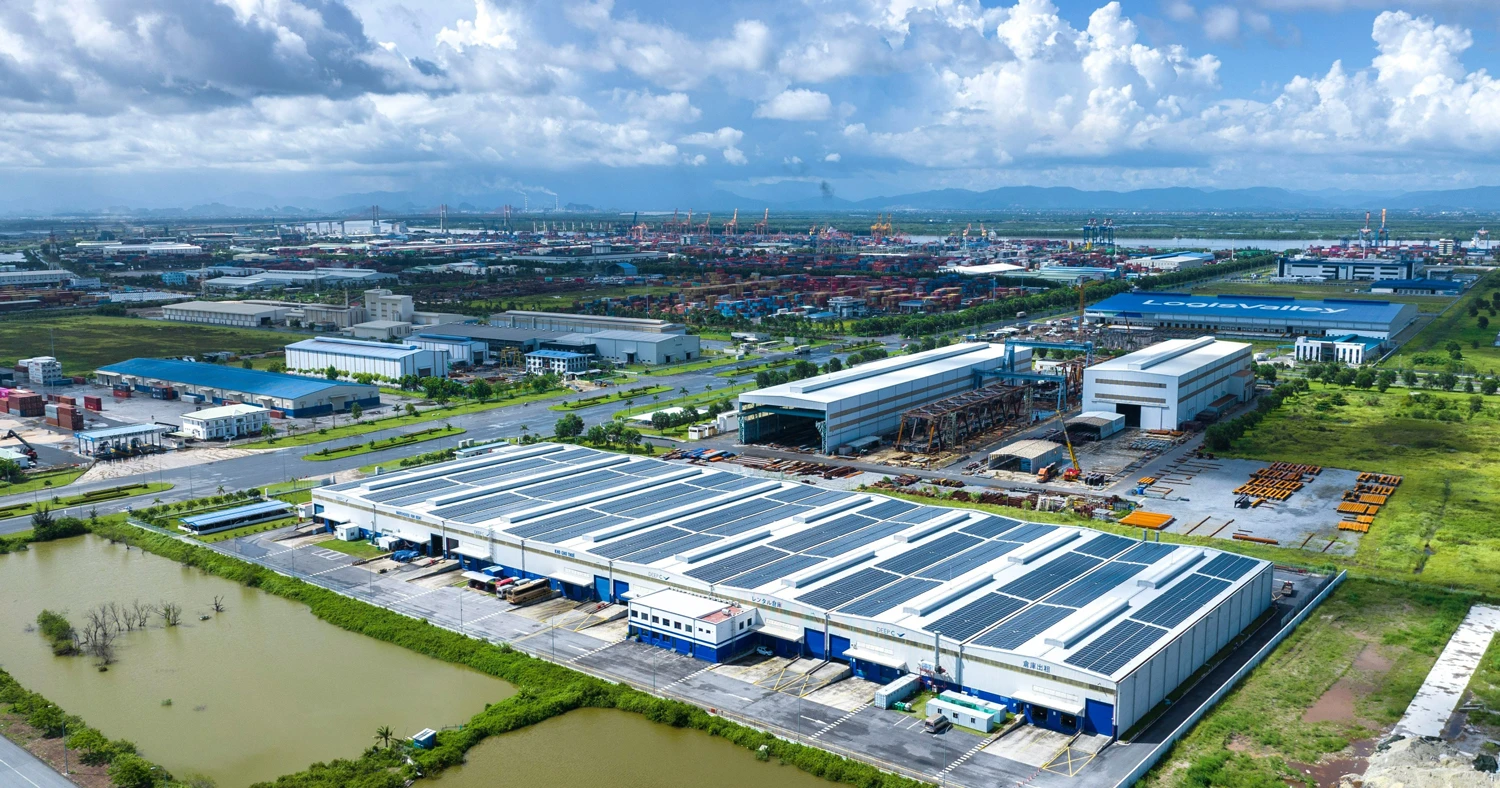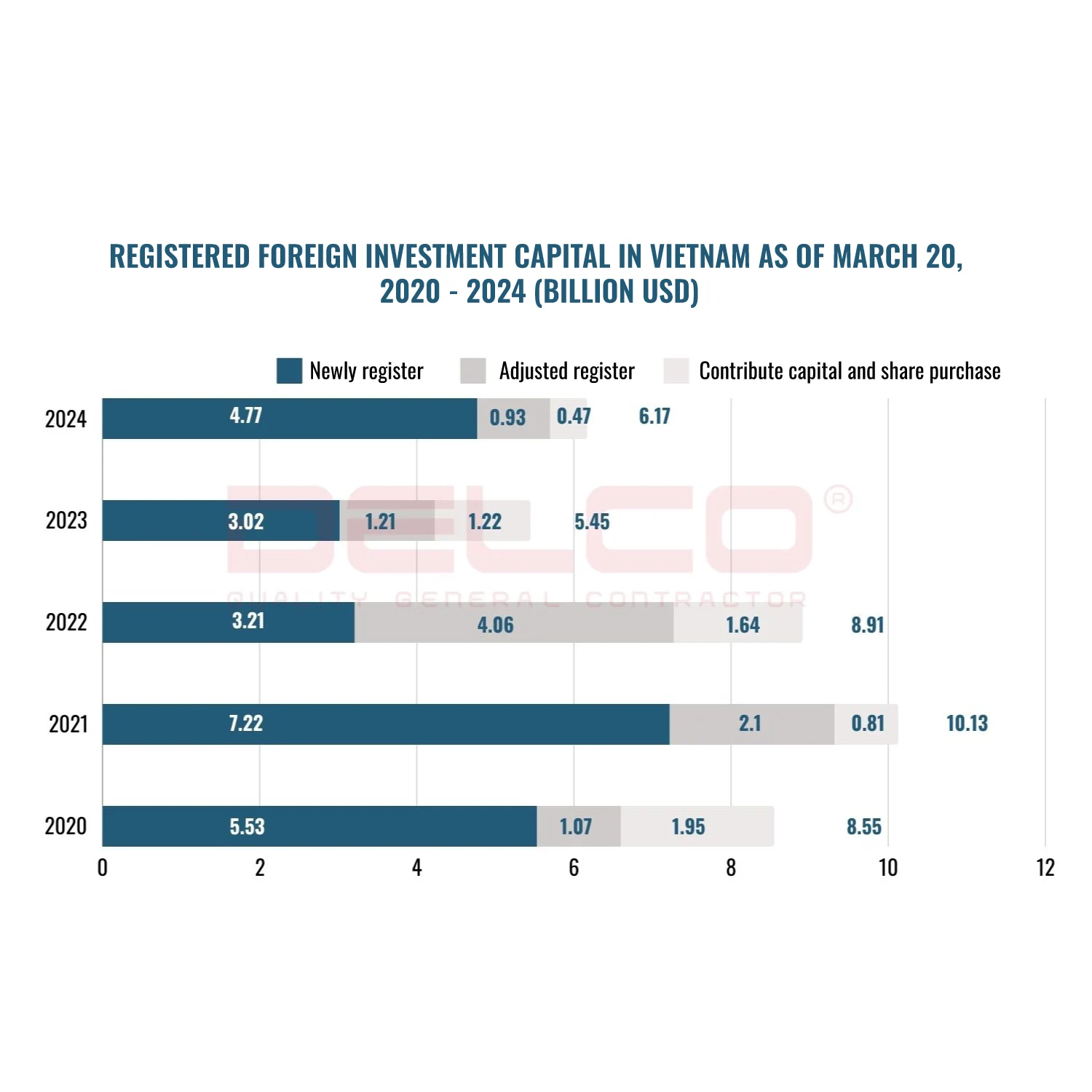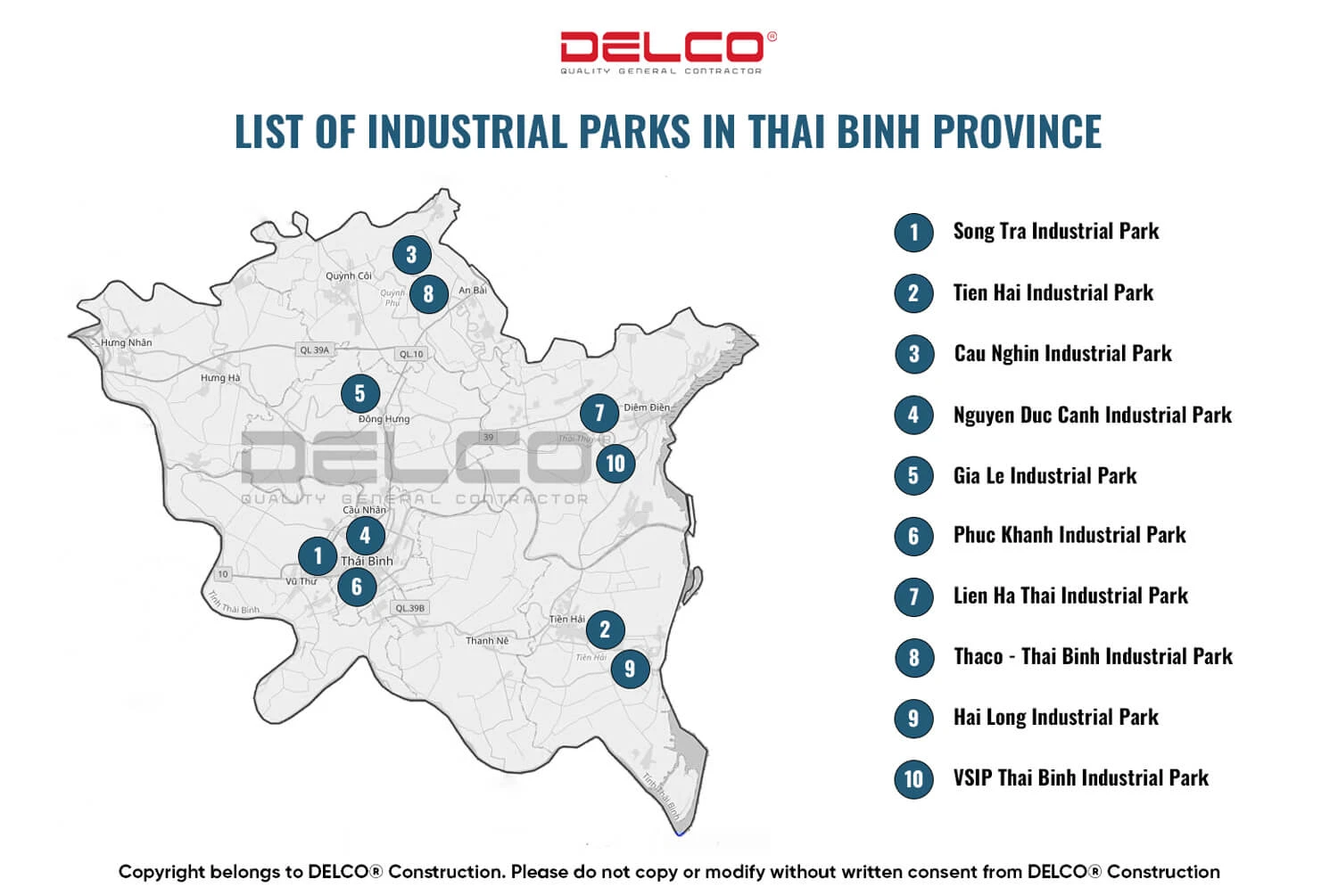Summary of different regulations between Japanese and Vietnamese labour laws on minimum wage, labour contracts and dismissal compensation regulations… that foreign investors need to know.
Differences between Vietnamese and Japanese workers
Average working age

Vietnam is considered as one of the countries with a golden population, Vietnam’s average working age based on a report by the Institute of Workers and Trade Unions is 31.2 years old. Meanwhile, in Japan, the working age from 65 to 69 accounts for 50.8%, and from 70 to 74 accounts for 33.5%, showing that the labour force is quite old. Abundant young labour is one of the factors that helps Vietnam strongly attract FDI capital, especially in industries that require a lot of human resources.
Average wage

Vietnam’s average wage compared to Japan and other countries in the region.
According to a report by the General Statistics Office, up to now, the average income of Vietnamese workers is 7 million VND/month, equivalent to about 288 USD. Meanwhile, the average wage in Japan is 311.8 thousand Yen/month, equivalent to about 2,127 USD. Labour costs in Vietnam are quite low, only accounting for 13.54% compared to Japan and much lower than other countries in the region such as Thailand at 2,787 USD/month, Malaysia at 1,484 USD/month, Singapore at 6,332 USD. USD/month… This helps Vietnam be in the top countries with the most competitive labour costs in Southeast Asia.
Differences in Vietnamese and Japanese labour laws
Regulations on minimum wages for workers
Currently, the minimum wage stipulated in Vietnam’s Labor Law is divided by region, the highest is 22,500 VND/hour, equivalent to about 0.93 USD/hour. The minimum wage stipulated in Japan’s labour law is 1,002 JPY/hour, equivalent to 6.8 USD/hour, much higher than that in Vietnam.
It can be seen that the current minimum wage stipulated in Vietnam’s Labor Law is not only much lower than that in Japan but also lower than the general level of countries in the region and the world, which is one of the good conditions to attract foreign investment into Vietnam.
See more: The impact of raising the minimum wage on the foreign investors in Vietnam
Regulations on overtime and other costs for labour

Regulations on overtime and other costs between Vietnamese and Japanese labour laws
Vietnamese labour law stipulates that overtime pay on normal days is at least equal to 150%, 200% of basic salary or 300% of basic salary/day on holidays and must not work overtime more than 200 hours/year.
In addition, according to the provisions of Vietnam Labour Law, enterprises only pay social insurance costs for employees of 21.5% of the monthly salary fund, of which the cost for maternity insurance is 3%. . Employees will be entitled to full paid maternity leave according to social insurance before and after giving birth for 06 months, especially the leave before giving birth must not exceed 02 months.
In Japan, overtime salary of workers will be added 25% of the basic salary on normal days and an additional 35% of the basic salary on days off such as Saturdays and Sundays, and overtime is not allowed over 360 hours/year.
In addition, businesses in Japan will have to pay 50% of social insurance costs for employees, this fee is quite high compared to Vietnamese workers. Employees will receive 6 weeks of leave before giving birth and 8 weeks of leave after giving birth, receive a one-time benefit of 420,000 yen and are exempt from paying social insurance during maternity leave.
Regulations on contracts, compensation, and dismissal
Unlike Japan, Vietnam’s labour law allows businesses to cancel probation agreements without prior notice and without compensation. This helps investors be more flexible when workers do not meet the requirements expected by the business during the probationary period.

Some differences between vietnamese and japanese labour laws
Currently, there are 2 types of contracts stipulated in Vietnam’s Labour Law:
- Indefinite-term contract
- Definite-term contract lasts no more than 36 months and can only be renewed once. After that, if the employee continues to work, he or she must sign an indefinite-term labour contract.
Employees in Vietnam who sign an official contract will have 12 days off paid leave/year. In case of dismissal, the enterprise must compensate the employee at least 02 months’ salary.
Meanwhile, Japanese labour law stipulates that contracts are divided into 3 types:
- Contract employees with a term of 1 – 3 years (can be extended).
- Indefinite contract (until retirement).
- Contract for dispatched staff (job and time vary by project).
In Japan, employees will have a minimum of 10 days of vacation and a maximum of 20 days of vacation depending on their seniority. Enterprises in Japan will have to compensate employees with at least 1 month’s salary when deciding to fire them.
Above are the basic differences between Vietnamese and Japanese labour laws that foreign investors need to know. This helps investors make the investment process more convenient as well as clearly see the potential to exploit from each country.
According to the General Statistics Office, Vietnam Labour Law and Japanese Labour Law
See more: Vietnamese worker psychology when negotiating salaries
See more: Characteristics of Vietnamese workers at work







